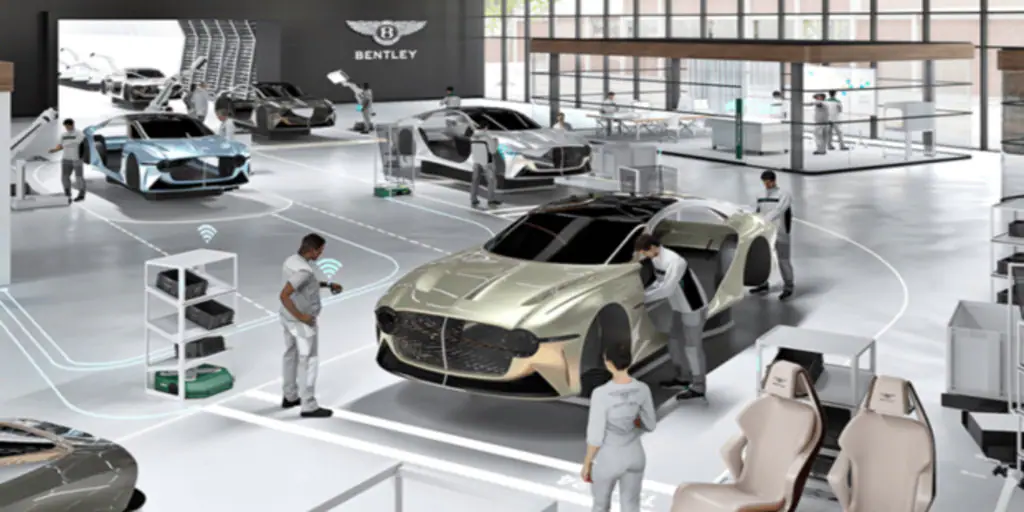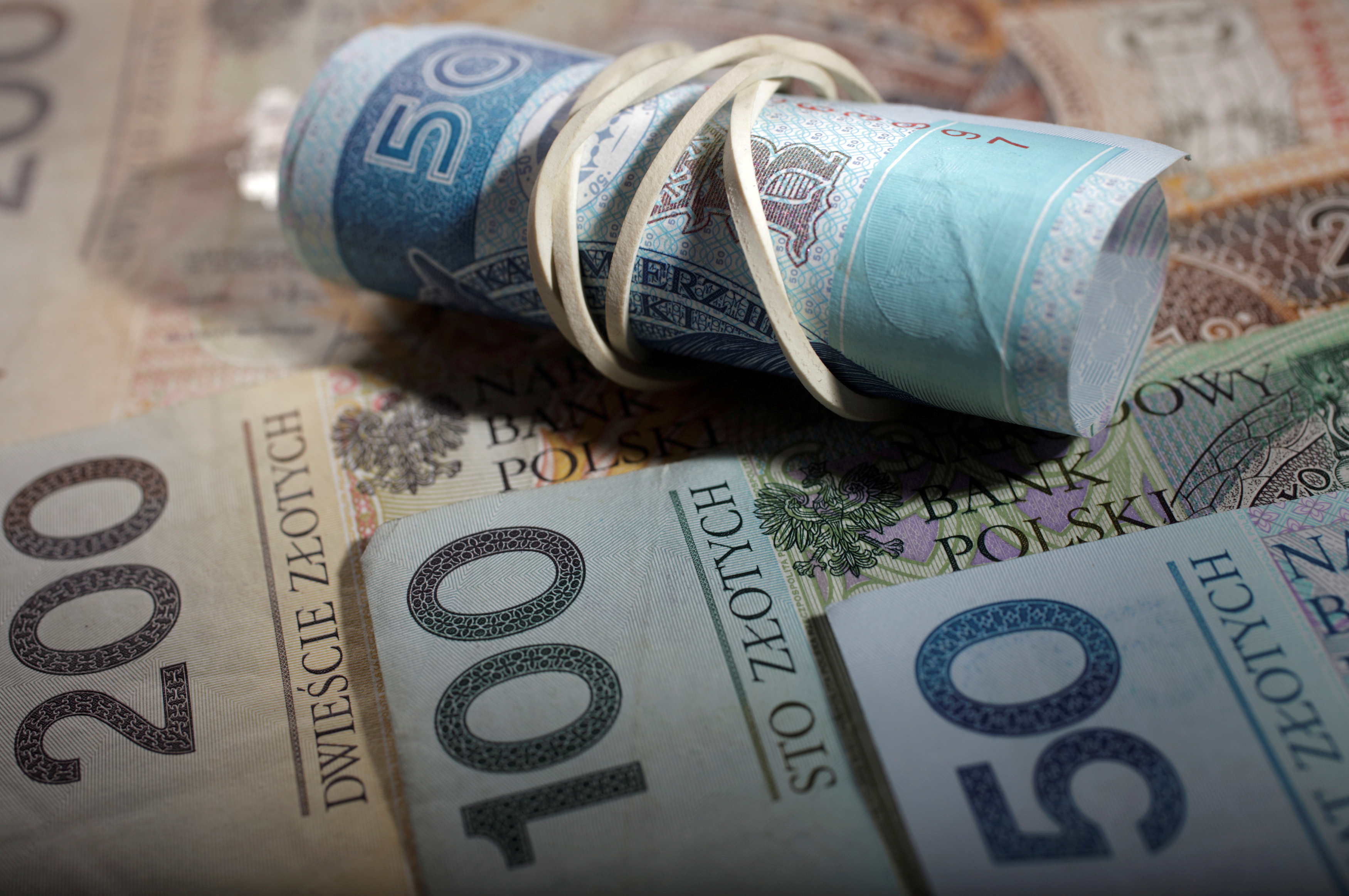Donald Trump has established himself as a leader far removed from the establishment.
Photo: AFP Agency
—
Rodolfo Hernandezthe candidate for the League of Anticorruption Governors (LIGA), reached 5,953,209 votes in the first presidential round, consolidating himself as the force that will dispute the Presidency of Colombia with Gustavo Petro, the candidate for the Historic Pact. In his speech, after his victory at the polls, the Santanderean politician stated: “Today the country won, which does not want to continue one more day with the same men and women that have led us to the painful situation in which we are today. we’re. Today he won a firm citizen will to end corruption as a system of government. Today the country lost to politicking and corruption.” He is an anti-system leader and, as such, an option that has even shaken the progressive aspiration of the left-wing candidate.
A film that we have already seen in other countries in the region, such as Brazil, with Jair Bolsonaro; United States and Donald Trump; Nayib Bukele, in El Salvador, and even Pedro Castillo, in Peru, who won the presidency of that country in 2021, endlessly repeating phrases like this: “The Peruvian people have just had their blindfold removed (…). They’ve had enough time, decades. We are going to put this country in order (…). I ratify myself as the terror of corruption.” Castillo won the Peruvian elections after a political whirlwind: five presidents since 2018, all accused of corruption, an evil that did not touch the candidate because he was new to politics, but that today has him on the tightrope.
We suggest: Russia and China, the actors that sneaked into the Colombian presidential race
The phenomenon goes beyond left or right. “All populist leaders are great transgressors of the usual ways of doing politics. They are cultural transgressors, in language. In some way, they present themselves as ‘outsiders’ to the political system”, Francisco Panizza, professor of Latin American and Comparative Politics at the London School of Economics, told BBC Mundo. “Populism is a way of identification, it creates identities, it creates the people as a political actor in antagonism to the established order, to the ruling class,” he pointed out.
Just remember how it was that Donald Trump she defeated Hillary Clinton in 2016. Then, all the polls assumed that she would be the one to sweep the polls. She was the most prepared, with a solid proposal, knowledgeable about politics like few others. However, she was defeated by Trump, a businessman who, waving the flag anti-corruptionbecame the 45th president of USA. Trump won by promising to “make America great again.” How?: “Draining the swamp”, as he called corruption in Washington, and ending the establishment, words that were soon blown away, because, almost since he arrived at the White House, he used his power to silence all his corruption, sexual and family scandals. He reinvented the swamp, using its hotels, businesses, and resorts to build an unprecedented favor-exchange system linking his entire family, now in the crosshairs of investigators.
Now, for Mauricio Jaramillo Jassir, professor of International Relations at the Universidad del Rosario, Trump and Rodolfo Hernández are not a symbol of populism, but of demagoguery. “Instrumentalization and rhetorical manipulation to convince is demagoguery, while populism is to establish and generate mass movements, while proposing a clearer project for society. They are not populists, they are demagogues. That is, they live off discourse and rhetorical manipulation. Now, Hernández is part of that typical wave of demagoguery from the nationalist right, as Bolsonaro”.
Bolsonaro and an “irrational?” triumph
In the 2018 campaign, which led him to the presidency of Brazil, the country was disenchanted with democracy and the political class, as reflected by the Latinobarometro of the time. Then, the Lava-Jato mega-scandal had just broken out, which affected the leaders of the Workers’ Party, who had been in power for years, and its leader, former president Luiz Inácio Lula da Silva, was sent to prison, accused of corruption. .
You may be interested in: “This is a collective trauma, it’s not just Texas,” Ani Kalayjian
Bolsonaro obtained more than 55% of the votes in the second round, when months before he occupied a marginal role in Brazilian politics. His positions were weak and unwelcome. However, that speech full of misogynistic, racist, xenophobic phrases, lazy jokes and commonplaces ended up leading him to victory. “Brazilians saw in him a transparent politician who was not afraid to single out and expose those whom he considered a burden to the system. In short, the ‘politically incorrect’ positions were perceived by many voters as a sign of authenticity, which set Bolsonaro against the traditional political class,” said Juan Cruz Olmeda, from the Center for International Analysis of the College of Mexico.
Here there are two similarities with Hernández: the Brazilian was not an outsider, since he had a political career in Congress, and the Colombian candidate was mayor of Bucaramanga. In addition, both were leveraged by two small parties, without much structure. Voter irrationality? No. Disenchantment with democracy and its central institutions. Bolsonaro was voted massively by young people who bought him the idea of not being related or linked to actors strongly accused of acts of corruption.
“Lula endorsed Haddad with all the rejection that a fundamental part of Brazilian society feels for him and his party. This election has been won in opposition to the Workers’ Party,” warned historian Carlos Malamud, according to the article “What is Bolsonaro up to?”, published by the Externado University’s initiative The Free Thinker. Thus, the loss of prestige of the political class, added to the fact that, according to a study by the Brazilian Institute of Geography and Statistics, the number of people in poverty increased from 52.8 million (25.7% of the population) to 54.8 million (26.5%) between 2016 and 2017, in addition to the fact that 63,880 people were killed throughout the country in 2017, brought Bolsonaro to power.
The disruptive Nayib Bukele
In 2019, El Salvador was shaken with the triumph of a millennial: Nayib Bukele, who presented himself as “the candidate for change” and avoided being pigeonholed into an ideology of the left or right, also raised the anti-corruption flags, although he was sponsored by the Great Alliance for National Unity (GANA), punctuated by cases of embezzlement and other crimes. “Today we won in the first round and we made history. We have added more votes than ARENA and the FMLN combined (…). We have turned the post-war page. I invite all Salvadorans to celebrate the victory over bipartisanship,” he said.
We suggest: All the candidates are concerned about Venezuela
His disruptive personality was already seen from his days as mayor of San Salvador, because at that time, between 2015 and 2018, he showed himself as someone who did not accept criticism and confronted the press, specifically El Faro (as it continues to happen), Gatoencerrado and Factum. Now, Bukele is the result of the same Salvadoran society. A 2018 Latinobarómetro survey revealed that The Savior It was the country in America that gave least importance to democracy, since only 28% of the population supported this form of government, being the lowest support on the continent. According to this survey, 54% of the population did not care whether they lived in a democracy or in a dictatorship.
Jaramillo Jassir affirms that what these world leaders have in common is that they recognize themselves as outsiders to the establishment, an argument that both Gustavo Petro and Rodolfo Hernández have tried to defend in the current presidential elections in Colombia. It is enough to remember that both Trump and Bolsonaro took up the anti-corruption flags to position themselves as the best possible option for their countries, given the failure of those who preceded them in office.
👀🌎📄 Have you heard about the latest news in the world? We invite you to see them in El Espectador.
–
/cloudfront-us-east-1.images.arcpublishing.com/elespectador/SMOK7P5LFBAGLGQ7MUUDXXOXLI.png)

